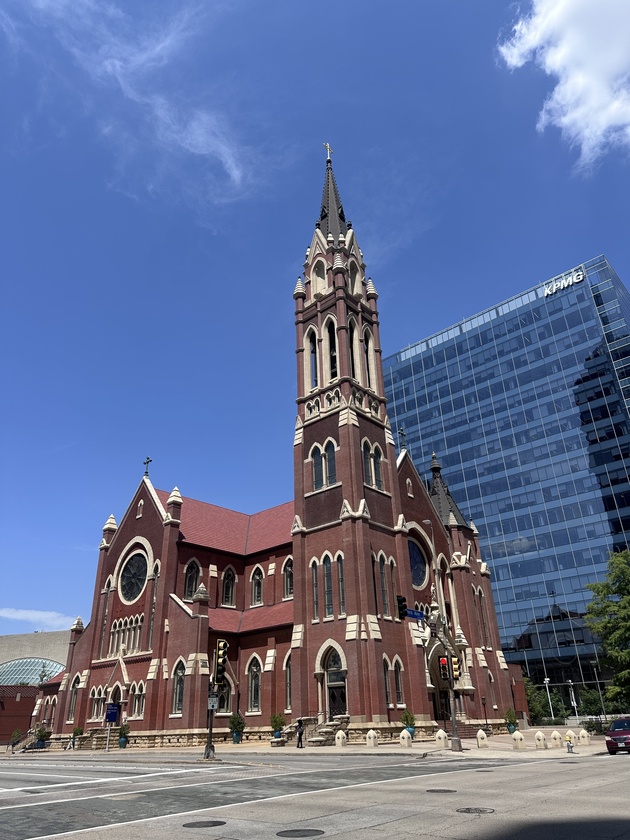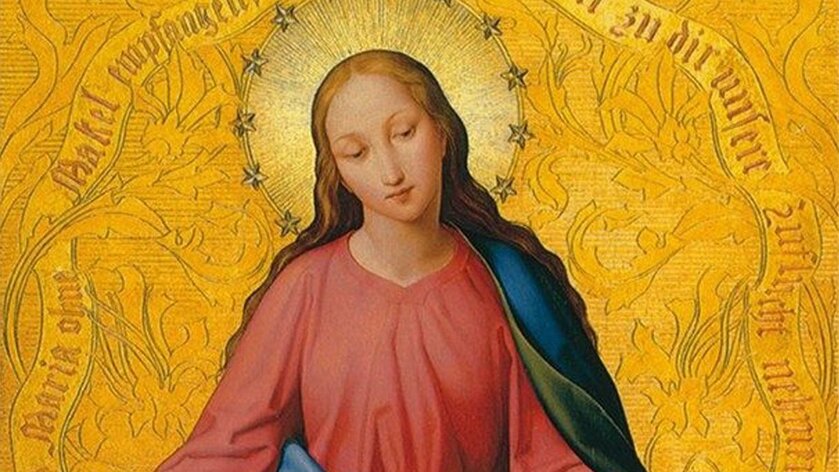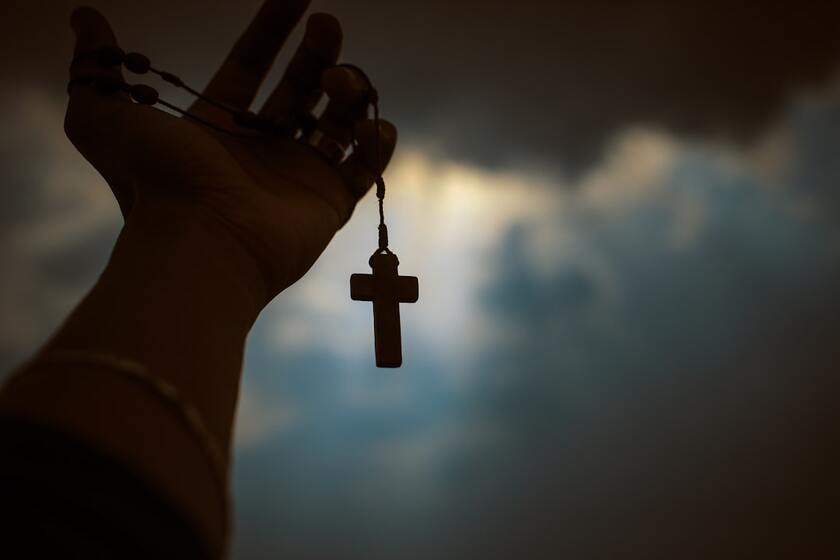Playing With Holy Fire and Seraphic Friends: East and West on Prayer, Imagination, and the Hidden Work of Angels
The paradox of prayer has been on my mind: the Latins often use the imagination as a step, while the Orientals treat it as a danger. How can both paths, which seem so opposed, still produce such great mystics and saints?
Here is my thesis:
The divergence between East and West in using or avoiding imagination in prayer comes not from contradiction but from the West’s more developed understanding of guardian angels, whose quiet work can guide the imagination toward God rather than fantasy. Both traditions recognize the imagination as a risk, but the West—shaped by the Angelic Doctor—sees it as a risk worth taking.
The East says: “Ignore the imagination. Don’t feed the dragons of pride or fantasy.” It’s like getting dropped into the deep end at level five of the spiritual game and told to swim. The West hands you a paddle, imagination used wisely. The Western mystical path (especially the Carmelites) lets you play the game level by level: easy, medium, hard. Teresa says it’s fine to build a scaffold of images, but don’t mistake the scaffold for the house.
The West maps the path as purgative, illuminative, unitive: cleaning house, growing steady in virtue, then abiding in friendship with Christ. The East says katharsis, phótisis, theosis: purification, illumination, union. Around that, the Eastern vocabulary adds hesychia for stillness, theoria for grace-given contemplation, nepsis for guarding the heart, and prelest for the danger of self-deception. The West echoes the same realities: Teresa’s Prayer of Quiet for hesychia, infused contemplation for theoria, custody of the heart and discernment of spirits for nepsis, and John of the Cross’s warnings against pride for prelest. Different words, same ascent. Both speak of union: theosis in the East, the unitive way in the West. Both ways reach the same summit; the East did not lack wisdom, only the kind of scholastic refinement the West later had in figures like Aquinas, and their simpler guard at the door is no less holy for it.
The Western mind, especially through scholasticism, sees the imagination as part of our created nature. It’s a gift. God made it good, so it can be trained, guided, and turned toward His glory and the redemption of man. The East doesn’t deny this, but gives a sharper warning: since the Fall, the intellect is dimmed, and imagination is slippery. It tricks us too easily, can be manipulated, and leaves us chasing shadows instead of the Light. The West, for its part, acknowledges the danger but builds careful guardrails—and calls on the angels to guard, to rule, and to guide.
Perhaps the West’s wider use of imagination comes from its fuller sense of the guardian angels, not only as protectors at our side, but as quiet directors of the inner life, guiding even the images that rise in prayer so grace can work through variety without sliding into illusion.
That’s the conflict in a nutshell. In the East, the Fathers post a guard at the door of the mind: no daydreams, no stage lights, the Name of Jesus and a clear room. In the West, the imagination walks through Gospel scenes like a child in a museum, pressing its hands to the glass until the Guide leads beyond the gallery into silence. Both traditions want the same thing: union with Christ. The methods differ, but the summit is the same.
So why the divergence? I think part of it has to do with how the West thought more deeply about angels. Aquinas, the Angelic Doctor, tells us angels can move the imagination: they can nudge images, drop scenes, stir memories, not by overriding our nature but by working with it. They can’t create brand-new imagery (that would override the will), but they can take what’s already in us, memory, experience, imagination, and arrange it toward God.
This is exactly how the demons operate too. That’s why exorcists warn about guarding the eyes: even one grotesque or perverse image, once seen, can be dragged back up and used against you.
The angels and demons speak to us this way because we’re embodied. They don’t communicate to each other through images, the angels have perfect infused knowledge, according to what God wills them to know about salvation history. But for our sake, they stoop low into our imagination.
And if that’s true, then maybe this is why the West permits imagination: because prayer has a chaperone. Mine is my guardian angel, and so is yours.
Each of us is given an angel at birth (or conception, or baptism, depending on the Father you read), ordered to our salvation, not only guarding us from external harm, but helping us discern within. Aquinas affirms this: our angel can enlighten the imagination so that images serve truth instead of fantasy, divinization instead of curiosity, virtue instead of delusion.
Which means it’s no small thing to ask: “Guardian angel, stand watch over my prayer. Guard and guide my imagination. If the Lord wants to use pictures, let them be clean, small, scriptural. If not, let them fall away and leave me with the Holy Name.”
Here’s the rule: you should not hunt for visions or try to feel special. If they come, you should acknowledge them as a gift and then let them go. You should not cling to them or try to re-create them later. You should test the fruit: if pride rises, if your attention gets noisy, if you start playing director in your own head, you should drop the image and return to Jesus. If humility, compunction, and peace grow… keep going!
Teresa, THE Doctor of Prayer would smile at that. She says the important thing is not to think much but to love much. Imagination is useful, but only as long as it bows to love.
And this is where East and West don’t so much shake hands as brush past each other but give each other a friendly head-nod along the way. The East calls it nepsis, watchfulness: every thought must be weighed. The West calls it meditatio: imagination tested and guided until God Himself quiets it. They aren’t quite the same thing, but they circle the same mystery. At the edge of both paths stand the angels, helping us discern which images are shadows, which are gifts, and which must be laid down altogether.
Because at the end of the day, angels can nudge the imagination, but they cannot force the will. And that’s good! Love stays free, organic, and custom to you specifically.
Maybe the paradox of prayer between hesychia and meditatio is not a contradiction at all, but God’s providence—different cultures learning how to face dragons, sift daydreams, and follow their divine directors.
I stay watchful.
Christ stays at the center.
That is the whole point.





























